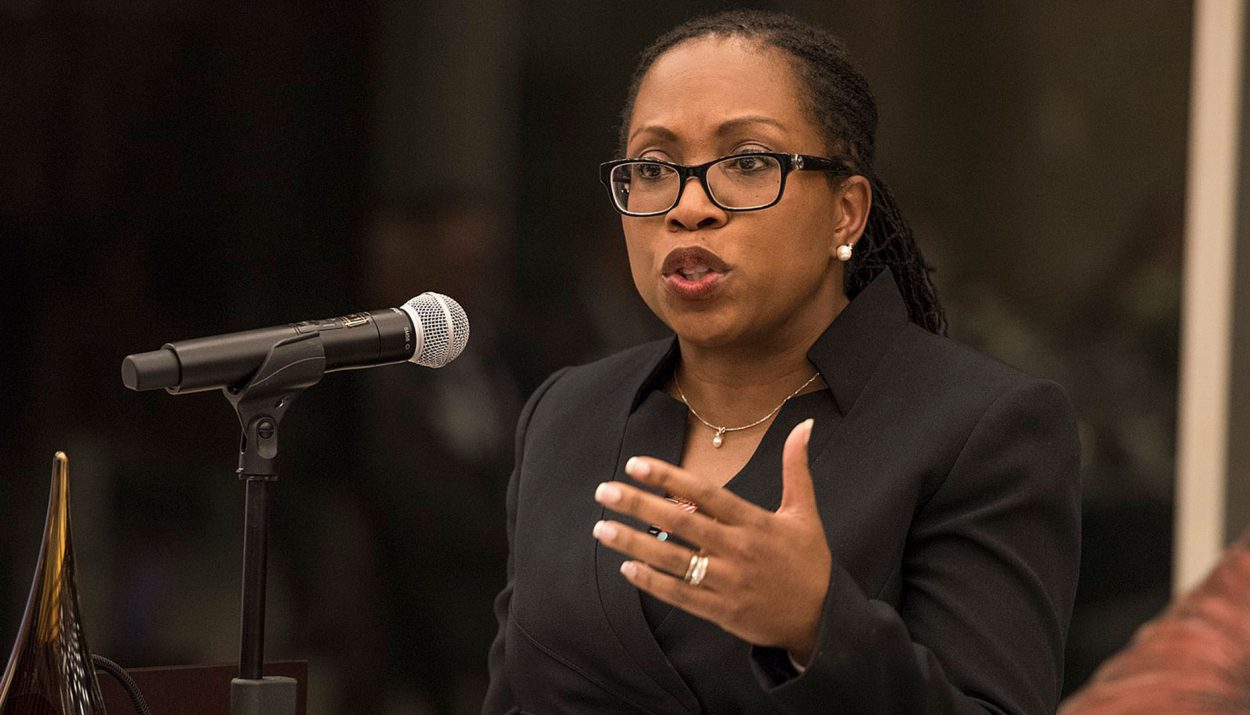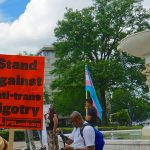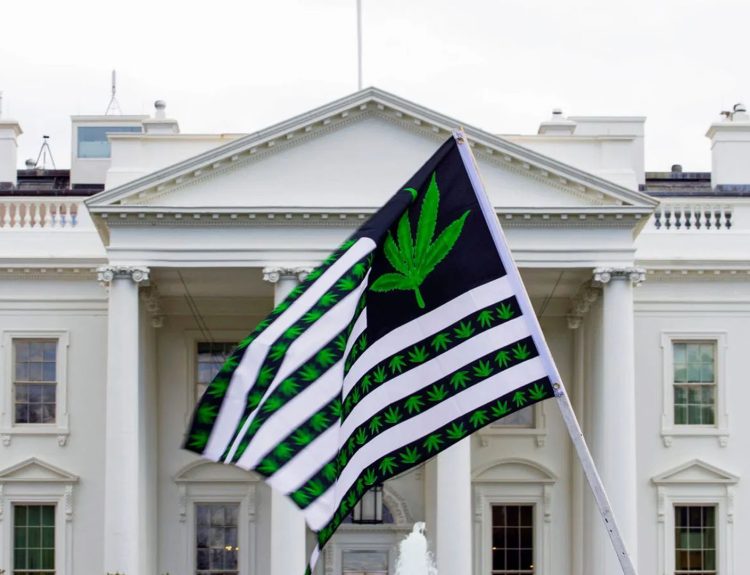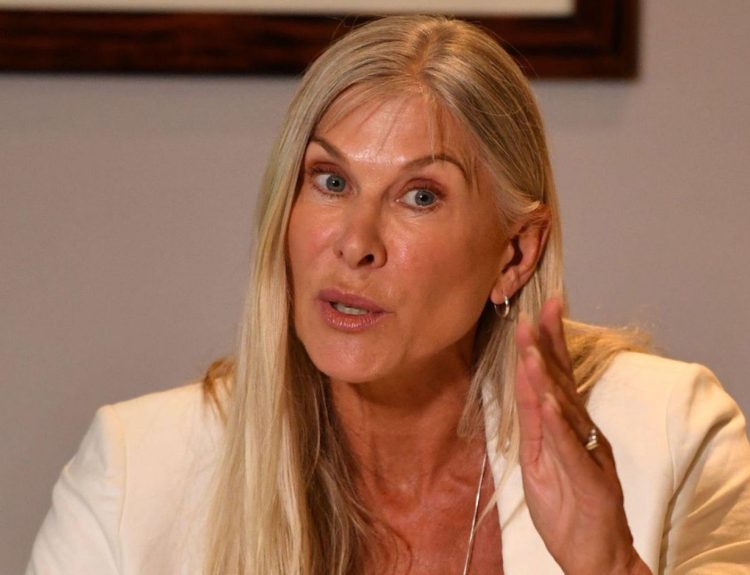During oral confrontation regarding a case about government censorship on social media, Supreme Court Justice Ketanji Brown Jackson expressed concern that the First Amendment. She stated that it is restricting the government’s ability to respond to emergencies. When she was asked to define “woman” during her confirmation hearing, Jackson appeared confused and responded, “I’m not a biologist.”
Flurry Of Controversy
During a recent Supreme Court debate, Louisiana asserted that the government can’t coerce platforms to remove content. Jackson gave a contrasting viewpoint saying there may be certain situations where it may be required for the government to “encourage or require” censorship for public safety.
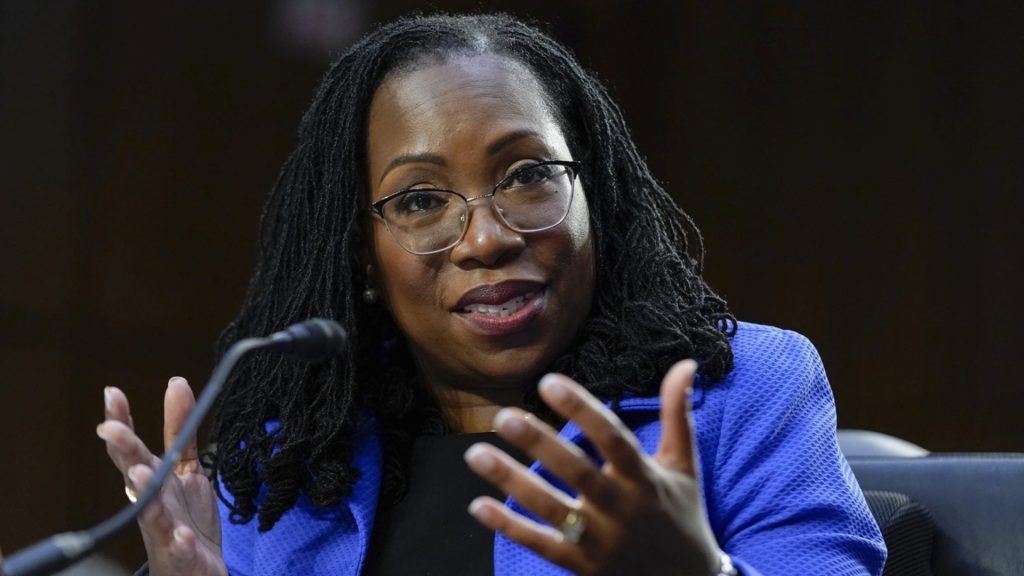
These recent comments made by Justice Ketanji Brown Jackson at the Supreme Court have set off a flurry of controversy, igniting intense backlash and impassioned responses.
Extensive Debate
The comments, which dove into the government’s relationship with the First Amendment in the context of its communication with social media platforms,
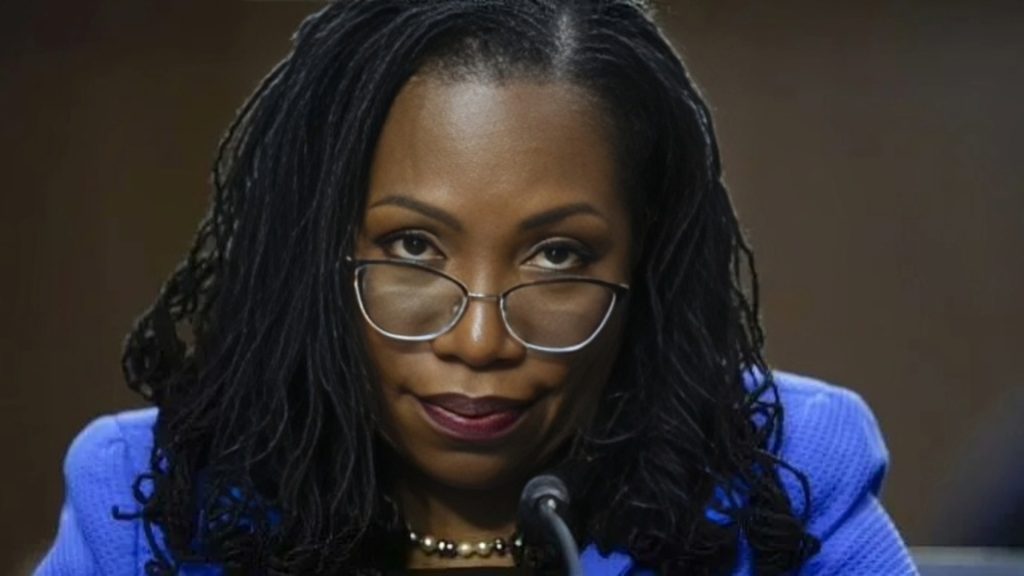
Has set off extensive debates about the role of the judiciary and the principles of free speech.
First Amendment
Her remarks, which appeared to express concerns about the about the First Amendment “hamstringing” the federal government,
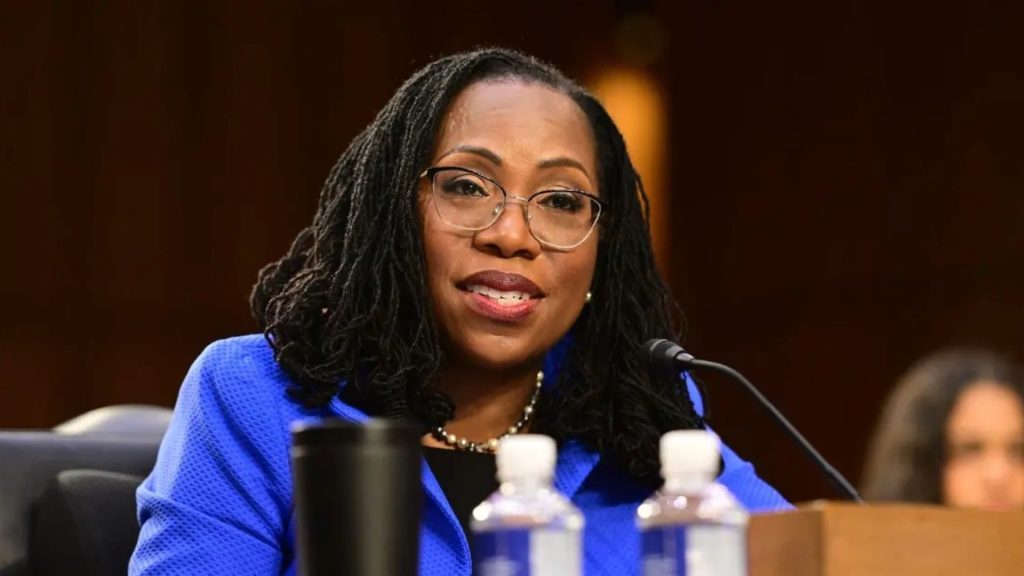
Have created a storm of debates about the judiciary’s understanding of foundational constitutional principles.
Censoring Information
Conservatives have objected to the White House pressuring private companies to censor information such as vaccine skepticism,
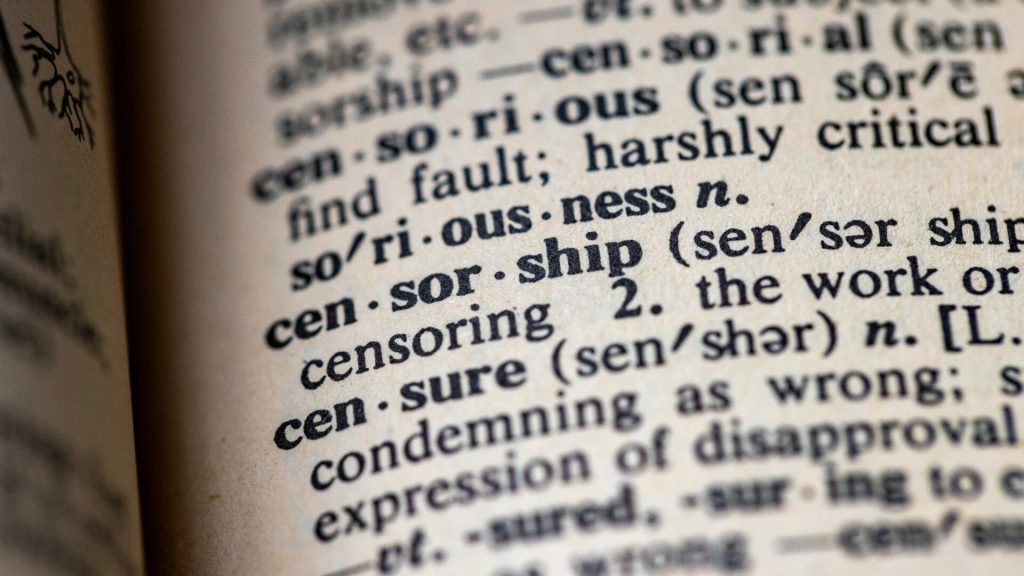
or speaking about political matters.
Liberties Of Individuals
Justice Jackson’s statements have been swiftly and passionately criticized from a wide range of observers, this included public figures, the broader public and legal experts.
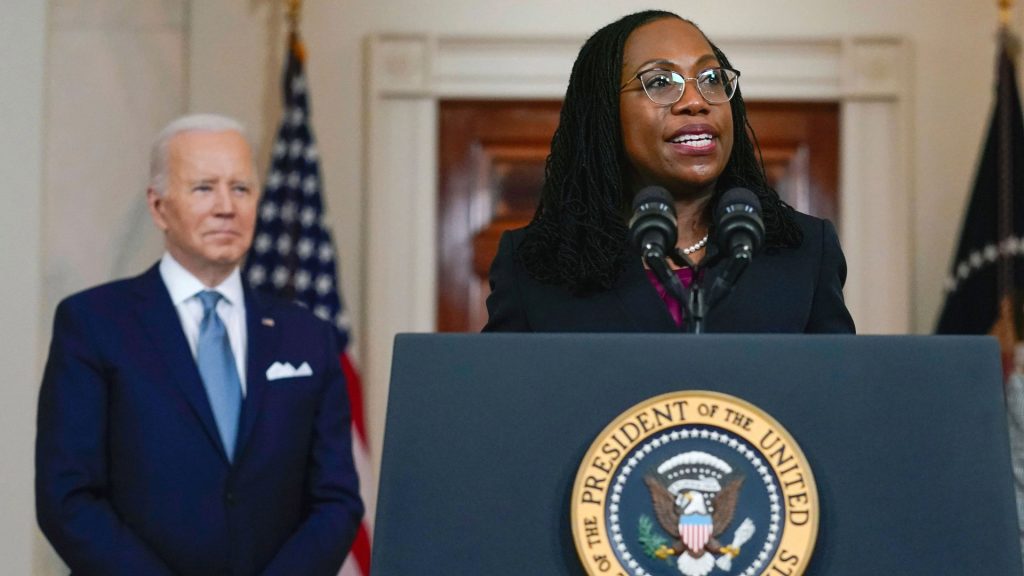
Many have highlighted the foundational nature of the First Amendment as a safety net from the government overreaching individual liberties.
The Authority Of The Government
The Supreme Court Justices allude to the fact that she believes governments should have more leniency to restrict speech in certain crises, completely disregarding the First Amendment.
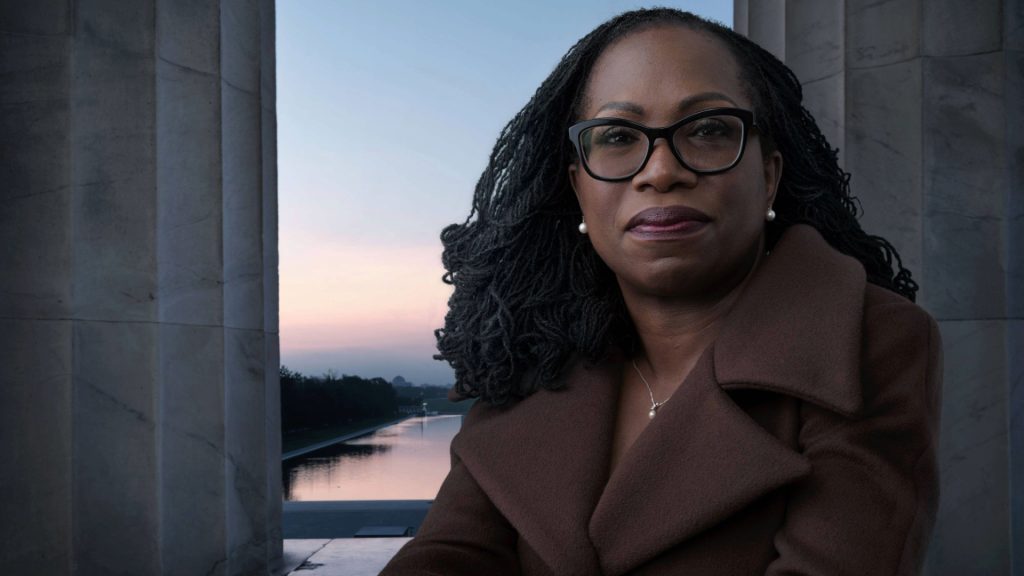
The case revolves around finding balance between the authority of the government and the right to free speech on social media platforms.
Justice Jackson Criticized
The criticism of Justice Jackson’s remarks has resonated across social media platforms and sparked public discussions. With many individuals and commentators stressing the fundamental importance of the First Amendment’s constraints on government power.
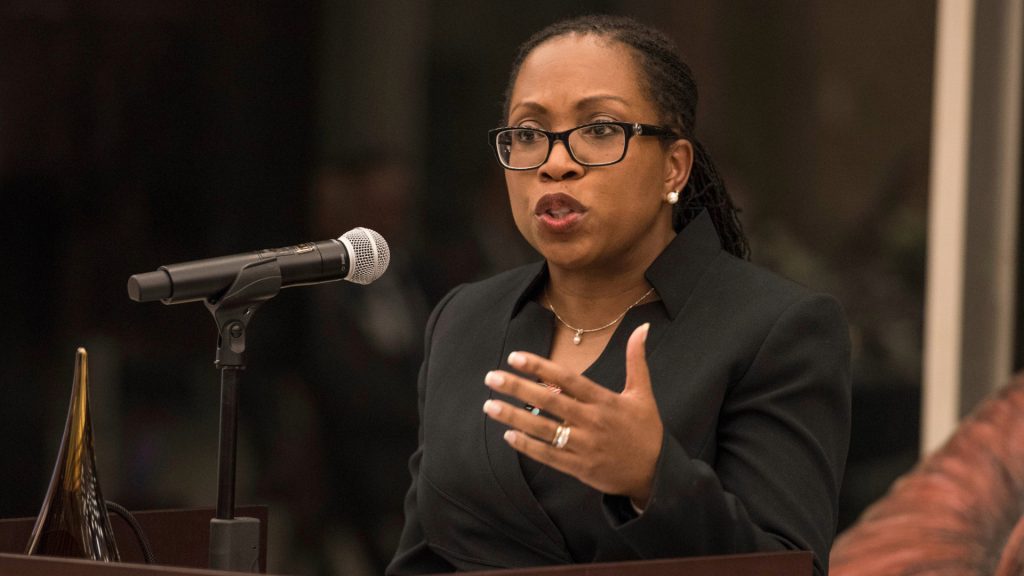
Legal experts and constitutional scholars have voiced their opinions, expressing unrest about the consequences of the justice’s comments.
Lasting Impact
As the repercussions from Justice Ketanji Brown Jackson’s comments persist,
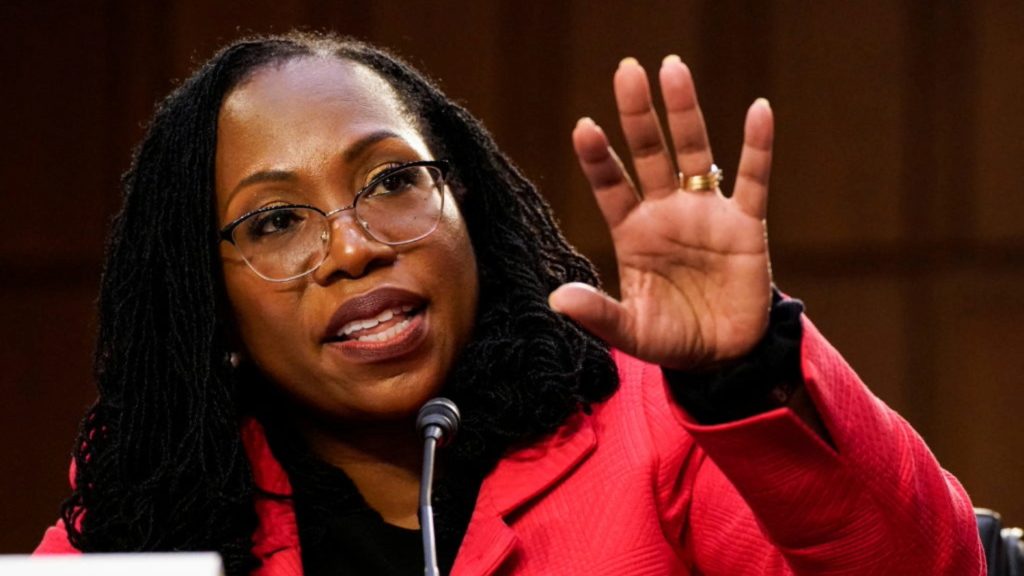
The lasting effect of the controversy on how the public perceives the judiciary and the judiciary’s interpretation of constitutional principles remains center stage of scrutiny.
Foundational Constitutional Principles
The debate stirred by Justice Jackson’s comments has prompted reflection on the judiciary’s grasp on the constitutional principles and role it plays in maintaining fundamental rights.
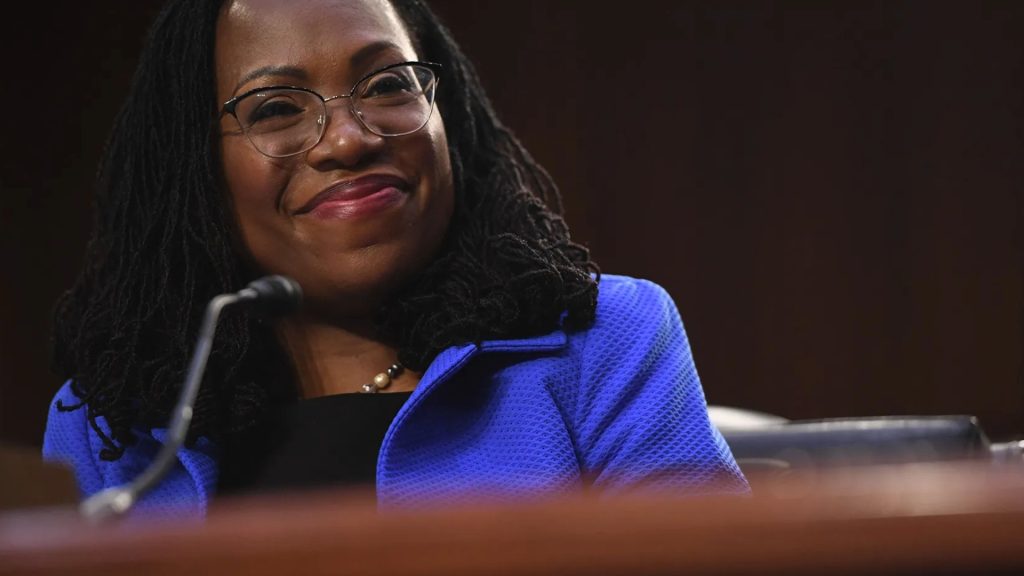
The heated responses to justice’s comments highlight the long lasting resonance of the First Amendment and the critical judiciary pivotal role in its protection from the government overreaching.
Preserving Fundamental Rights
The enduring importance of the First Amendment and its interaction with the judicial discussion will continue to captivate the public eye,
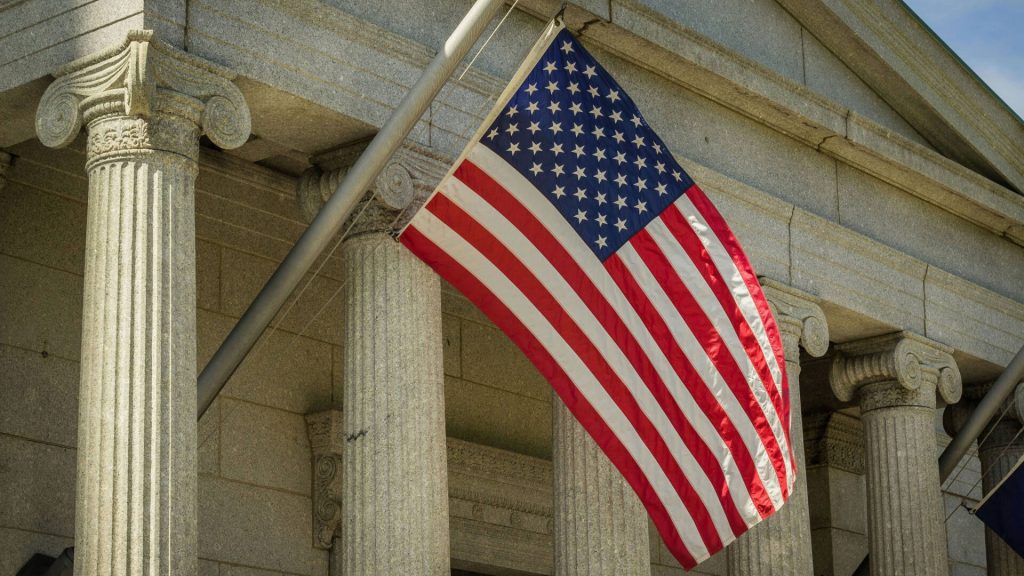
Prompting contemplation on the lasting duty of the judiciary to uphold fundamental rights and liberties.
Protecting Individual Liberties
The controversy surrounding the justice’s comments highlights the long lasting significance the First Amendment in protecting individual liberties,
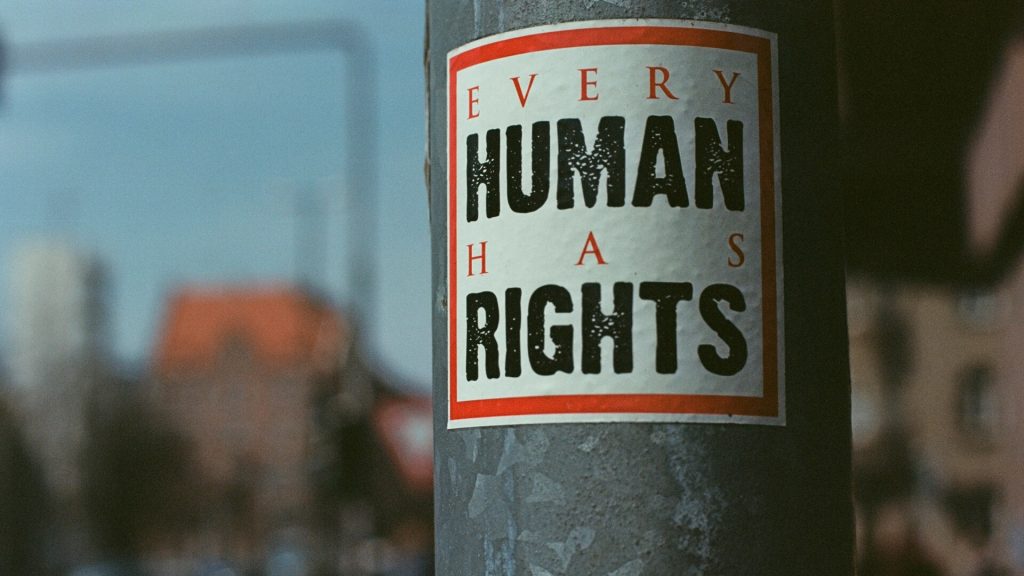
And the critical role that the judiciary plays in upholding these protections..
Intense Criticism
Justice Ketanji Brown Jackson’s recent comments regarding the First Amendment have ignited intense backlash across the nation,
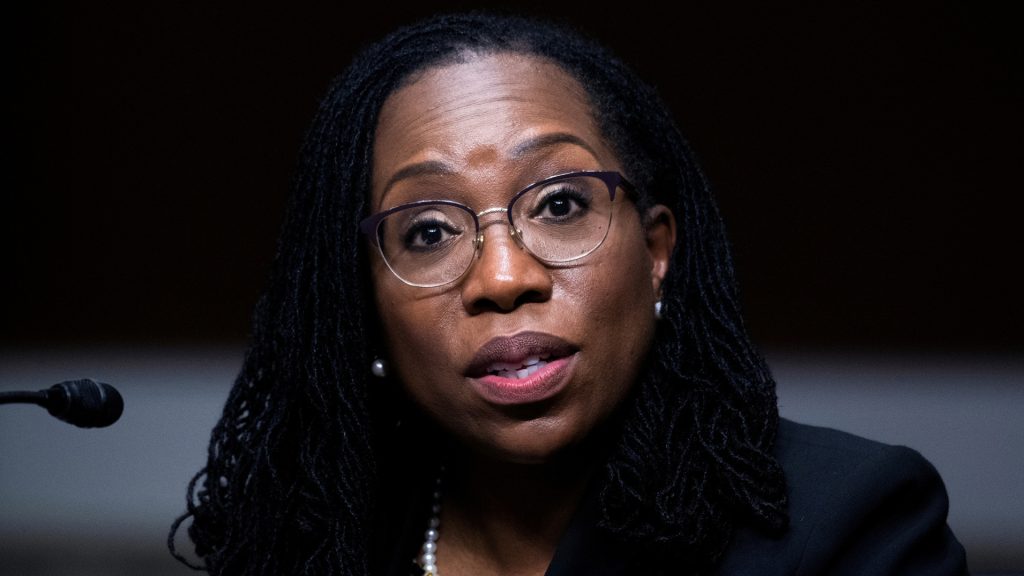
Pushing for introspection on the judiciary’s understanding of constitutional principles and free speech protections.

